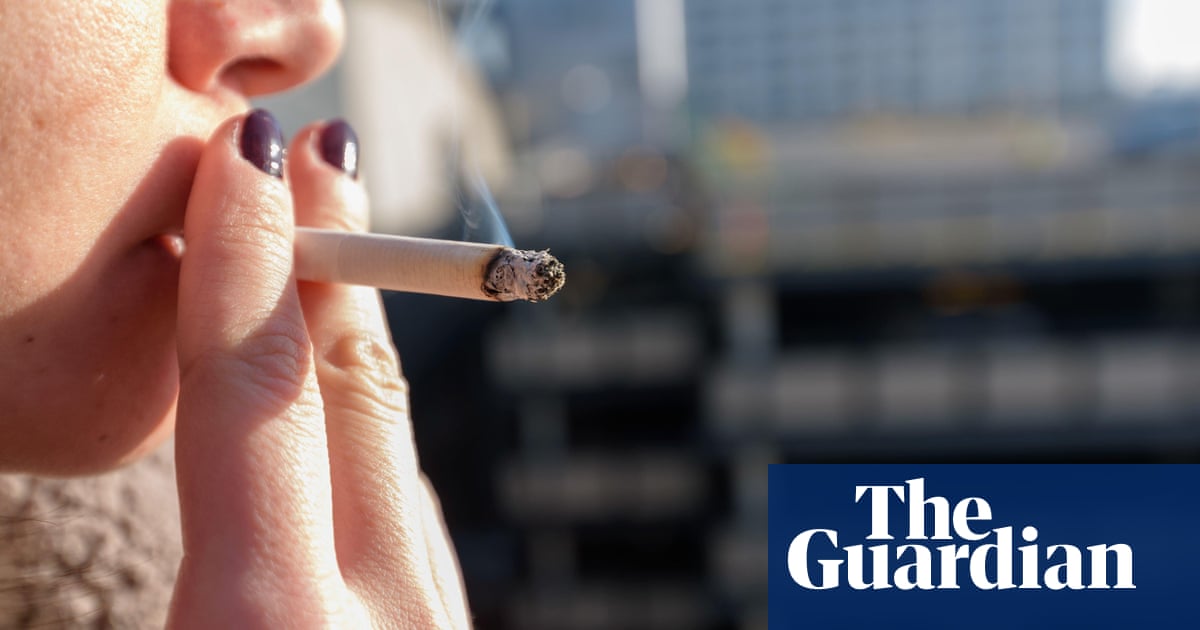Tobacco, alcohol, ultra-processed foods (UPFs) and fossil fuels kill 2.7 million people a year in Europe, according to the World Health Organization (WHO), which has called on governments to impose tougher regulation of health-harming products.
In a groundbreaking report, the WHO said powerful industries were driving ill-health and premature death by using “misleading” marketing and interfering in governments’ efforts to prevent killer diseases such as cancer, heart disease and diabetes.
The new report calculates that tobacco, fossil fuels, UPFs and alcohol are responsible for more than 7,400 deaths every day across Europe’s 53 states. Overall the four industries cause an estimated 2.7 million deaths annually in Europe, about a quarter (24.5%) of all mortality.
The UN health agency’s findings amount to an unprecedented attack on the huge damage major corporations and their products are inflicting on human health. The report describes how “big industry” uses overt and covert methods to boost their profits by delaying and derailing policies to improve population health.
Make these things illegal and legalise weed to give people something other than them to do.
Because prohibition works so well…
Yeah I’ll go to my dealer to get my daily dose of fossil fuels and processed food.
And you’ll go to your dealer to get what? High? Or is your dealer going to drive you to work? Literally telling people to drop one vice and replace it with another.
Was more of a joke but weed is less harmful than all of these items (as long as you vape or eat it).
This is the best summary I could come up with:
Tobacco, alcohol, ultra-processed foods (UPFs) and fossil fuels kill 2.7 million people a year in Europe, according to the World Health Organization (WHO), which has called on governments to impose tougher regulation of health-harming products.
Dr Hans Henri P Kluge, the WHO regional director for Europe, said: “Industry tactics include exploitation of vulnerable people through targeted marketing strategies, misleading consumers, and making false claims about the benefits of their products or their environmental credentials.”
Despite the health risks, only a minority of European countries have banned smoking in public places, while efforts to make harmful products less appealing through plain packaging, alcohol taxation and food labelling were also not widely implemented, the report noted.
The report urges governments across Europe to impose much tougher regulation of how health-harming products are marketed, introduce curbs on monopolistic practices and lobbying, and ensure trade agreements and economic laws prioritise public health.
“Our evidence shows that eating a variety of plant-based foods as well as wholegrains, fruit and pulses, and limiting your consumption of alcohol, are effective ways to reduce your risk of cancer,” said Kendra Chow, its policy and public affairs manager.
Dr Kawther Hashem, a lecturer in public health nutrition at Queen Mary University of London and the campaign lead at Action on Sugar, said the next UK government after the 4 July general election should compel food and drink manufacturers to reformulate their products.
The original article contains 935 words, the summary contains 233 words. Saved 75%. I’m a bot and I’m open source!



